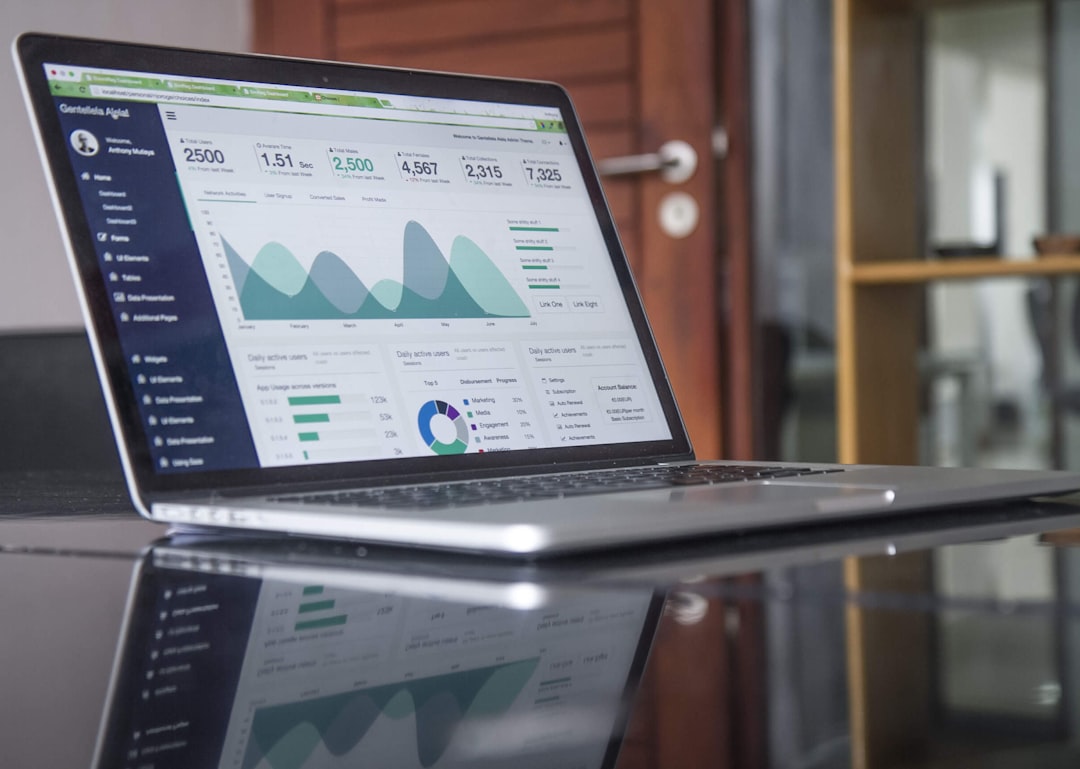In today’s data-driven landscape, choosing the right Business Intelligence (BI) tool is crucial for organizations to make informed decisions. As we move into 2025, the competition among top BI platforms — Looker, Tableau, and Power BI — has intensified, each offering a unique set of features designed to address a variety of business needs. This comparison dives into their capabilities, pricing models, usability, and performance so that businesses can decide which BI tool suits them best.
Overview of the BI Tools
- Tableau: Acquired by Salesforce, Tableau is known for its intuitive drag-and-drop interface and powerful visualizations. Ideal for users seeking detailed and interactive dashboards.
- Looker: Now part of Google Cloud, Looker focuses on data modeling and centralized metrics interfacing over LookML, making it popular among data teams with engineering expertise.
- Power BI: Developed by Microsoft, Power BI integrates seamlessly with Azure and Microsoft products. It’s known for being cost-effective and user-friendly, especially in Microsoft-centric environments.
Feature Comparison
Each platform offers core BI functionalities such as data visualization, dashboard creation, data blending, and sharing options. However, they differ greatly in approach and scope.
Data Modeling & Connectivity
- Looker: Excels in semantic data modeling through LookML, allowing teams to define metrics once and reuse them. Best for organizations needing governance and consistency.
- Tableau: Offers a flexible data model and supports a wide array of data sources. It’s easy to join and blend data visually, but maintaining metric consistency across dashboards can be a challenge.
- Power BI: Uses the in-memory engine VertiPaq and has solid modeling features. Tightly integrated with Microsoft products like Excel and Azure Data Lake.

User Interface & Experience
- Tableau: Highly interactive and visually impressive dashboards, suitable for deep-dive analysis and storytelling.
- Looker: Offers a less graphical but more data-governance-centric experience, which may appeal to technical data teams.
- Power BI: Clean and simple UI that caters well to self-service BI, especially for non-technical users familiar with Microsoft tools.
Pricing
- Looker: Pricing is custom and largely enterprise-focused. It may not be cost-effective for smaller companies or startups.
- Tableau: Offers Creator, Explorer, and Viewer licensing. Mid to high range, especially with premium features enabled.
- Power BI: Most affordable among the three. Has a free desktop version and offers Power BI Pro and Premium tiers for larger teams.

Integration & Ecosystem
Each tool complements certain ecosystems better:
- Looker: Best for organizations already on Google Cloud. Direct integration with BigQuery boosts performance dramatically.
- Tableau: Platform-agnostic with strong connectors for multiple databases. Integration with Salesforce opens additional CRM analytics possibilities.
- Power BI: Deeply embedded in the Microsoft ecosystem, making it the obvious choice for businesses running Office 365, Azure, or SQL Server.
Final Verdict: Which One Should You Choose?
The best BI tool in 2025 depends on your business’s size, cloud environment, and data team expertise. Here are some quick recommendations:
- Choose Looker if you prioritize centralized data governance and already use Google Cloud services.
- Opt for Tableau if your team values deep analytics with beautiful, interactive dashboards.
- Go with Power BI if you’re looking for cost-efficiency and seamless integration with Microsoft tools.
Frequently Asked Questions (FAQ)
- Q: Is Looker good for small businesses?
A: Looker is more suitable for mid to large enterprises due to its cost and technical requirements. Small businesses may find it complex. - Q: Can Tableau connect to real-time data sources?
A: Yes, Tableau supports both live connections and data extracts for real-time analysis. - Q: Does Power BI work offline?
A: Power BI Desktop works offline for data modeling and reporting. Online features like collaboration and sharing require connectivity. - Q: Which BI tool is most secure?
A: All three platforms offer enterprise-grade security, but the best choice depends on your cloud or on-premise strategy. Power BI integrates with Microsoft security protocols, while Looker and Tableau offer robust cloud-based security frameworks. - Q: Are there free versions available for any of these tools?
A: Yes, Power BI offers a free desktop version. Tableau has a free public version called Tableau Public, while Looker does not offer a free-tier product.
